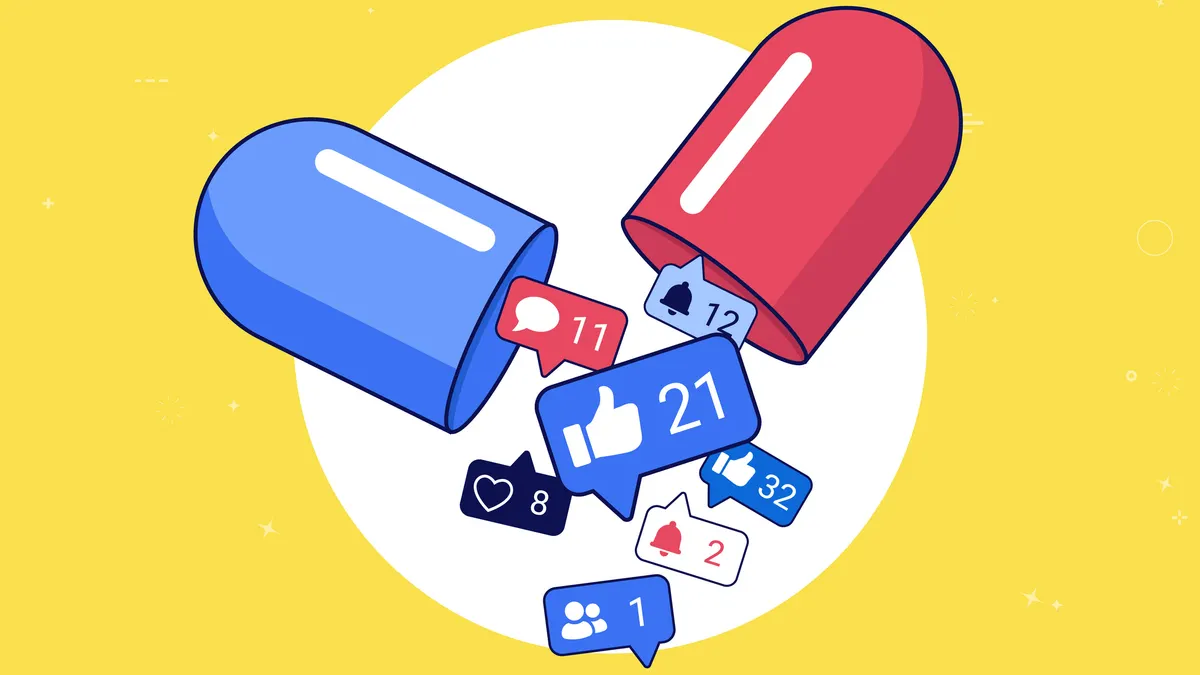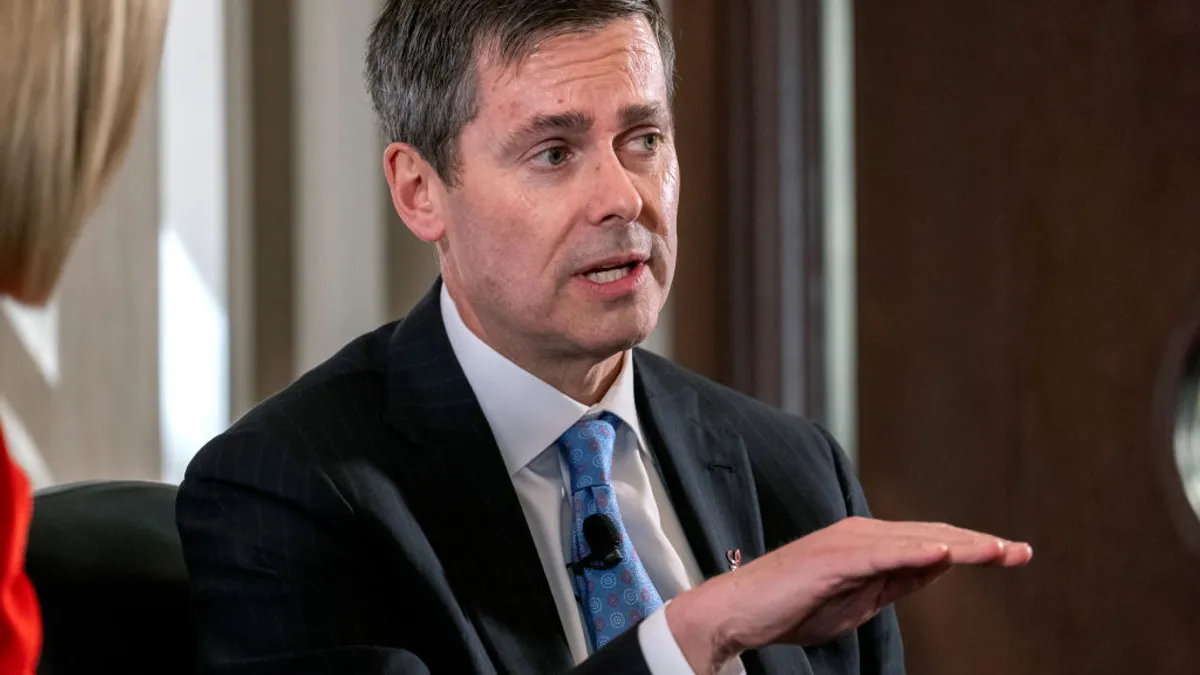More than 90% of the world’s population has some type of mobile phone, according to the Society for Participatory Medicine, quoting data from the International Telecommunications Union and PEW research. mHealth will continue to be a major factor in technology and health in 2015, with new apps that connect patients to physicians for real-time monitoring of heart rate, pulse, blood pressure and blood sugar, weight, body temperature, asthma, and more. Most of these apps either cost under $5.00 or are free. Additionally, there will be expanded use of SMS to send health information tips and reminders to patients throughout the world.
pulse, blood pressure and blood sugar, weight, body temperature, asthma, and more. Most of these apps either cost under $5.00 or are free. Additionally, there will be expanded use of SMS to send health information tips and reminders to patients throughout the world.
 In 2015, the FDA is poised to review a record number of mobile health apps as digital health companies respond to demand for more sophisticated mHealth products. The agency has regulated mobile apps for more than 10 years and has approved about 100 products, according to the latest data available.
In 2015, the FDA is poised to review a record number of mobile health apps as digital health companies respond to demand for more sophisticated mHealth products. The agency has regulated mobile apps for more than 10 years and has approved about 100 products, according to the latest data available.
Experts at PwC say apps offering sophisticated clinical uses can deliver something consumers covet in healthcare — convenience. Some consumers are even taking matters into their own hands, “hacking" traditional medical devices that lack functions they want, such as the ability to monitor a diabetic child’s glucose levels remotely.
A research2guidance report outlines 10 trends that are expected to define the market for mobile health apps in the coming years: smartphone user penetration will be the main driver for the mHealth uptake; mHealth applications will be tailored specifically for smartphones or tablets; mHealth applications will be native rather than web-based applications; mHealth niche stores will become the home of the second generation of mHealth apps; missing regulations are the main market barrier during the commercialization phase; buyers will continue to drive the market; applications will enter traditional health distribution channels; the mHealth market will grow mainly in countries with high smartphone penetration and health expenditure; second-generation mHealth apps will focus on chronic diseases; and mHealth business models will broaden.
According to the Global Mobile Health Market Report 2010-2015, 500 million people will be using mobile health apps by 2015. Findings indicate that the long-expected mobile revolution in healthcare is set to happen.
Of the current health apps on the market, 43% are designed for healthcare professionals, indicating the future of mHealth has far-reaching personal and institutional potential.
 This market shift will require digital health companies to bolster their regulatory know-how. Developers will need to answer a threshold question: Does my product need regulatory review? Not all will. But some may benefit from a regulatory stamp of approval.
This market shift will require digital health companies to bolster their regulatory know-how. Developers will need to answer a threshold question: Does my product need regulatory review? Not all will. But some may benefit from a regulatory stamp of approval.
Under FDA’s mHealth approach, the agency will oversee apps that serve as “medical devices and whose functionality could pose a risk to a patient’s safety if the mobile app were to not work as intended."
Understanding what triggers FDA oversight and the agency’s approval requirements will be key to a company’s success, experts at PwC say. The agency is expected to issue additional guidance in 2015 clarifying the devices that must obtain approval. Congress is debating whether to establish a more formal regulatory framework at the request of companies that want a risk-based regulatory framework.
The FDA review process can be costly and time-consuming. Products that don’t need regulatory approval may enter the market with greater ease and at a lower cost. Awaiting agency approval also can lock in a product too early in the innovation process, hampering “release and revise" strategies that have worked well in the tech world to update and improve products after their initial launch.
But regulatory approval also may lend legitimacy to products and prove valuable for building successful, sustainable revenue models, PwC says. The app market — filled with 50,000 free and nearly free products — is highly saturated. PwC notes there are several implications to FDA oversight, including that regulatory approval may provide a competitive edge, setting one firm apart from others in a crowded field; 20% of respondents to an HRI consumer survey said FDA approval was very important in their decisions to use a mobile app. Similarly, 26% of clinicians said FDA approval was most important when deciding to prescribe apps.
 Consumers and providers may benefit from an apps formulary or pharmacy. PwC projects apps can be categorized in similar ways to drugs, ranging from low-risk, over-the-counter apps to higher-risk apps that would require prescriptions. Other countries already provide similar services. The UK’s National Health Service maintains a public database of more than 200 “safe and trusted" health apps for British citizens to access.
Consumers and providers may benefit from an apps formulary or pharmacy. PwC projects apps can be categorized in similar ways to drugs, ranging from low-risk, over-the-counter apps to higher-risk apps that would require prescriptions. Other countries already provide similar services. The UK’s National Health Service maintains a public database of more than 200 “safe and trusted" health apps for British citizens to access.
Finally, PwC experts say partnerships marrying product development with regulatory expertise may be best-positioned for success. Drug and device manufacturers have decades of experience working with regulators that can be useful to tech and software companies.(PV)
~~~~~~~~~~~~~~~~~~~~~~~~~
Executive Viewpoints
Tim Davis
CEO and Founder
Exco InTouch
mHealth Is Transforming the Healthcare Industry
The market for mHealth services holds within it the potential to revolutionize how the world will manage health and wellness in the 21st century. Mobile technology provides a conduit into everyday lives, enabling the development of integrated health programs that combine education and motivational information alongside data capture. As a result such
personalized programs help patients self-
manage their conditions, improving health outcomes, and reducing the cost of healthcare for payers and providers.
Matt Balogh
Senior VP, Chief
Technology Officer
CommonHealth, part of Ogilvy CommonHealth Worldwide
The Next Big Thing in mHealth
Tech giants Apple, Google, Microsoft, and Facebook will continue to fight for mindshare in the healthcare space, which will unify data sets and stimulate innovation through competition and access. Apple’s ResearchKit has already changed how we conduct medical research. Within 24 hours, Stanford University’s heart health study, one of the first apps on ResearchKit, recruited 11,000 iPhone users, reporting that traditionally this would take an estimated 50 medical centers a year to do.
Chris Cullmann
Senior VP, Engagement Strategy
Ogilvy CommonHealth, part of Ogilvy
CommonHealth
Worldwide
The New mHealth Market
The mobile market is very new. mHealth is even newer. The fast advancement in mobile technologies and high-speed wireless
networking has changed the way we interact with information and share data. As patients grow more comfortable sharing data and using it to consult with their physicians,
diagnosis and reporting will become easier and more accurate. These smaller
improvements will reduce the cost and
increase quality of care for many patients.


















